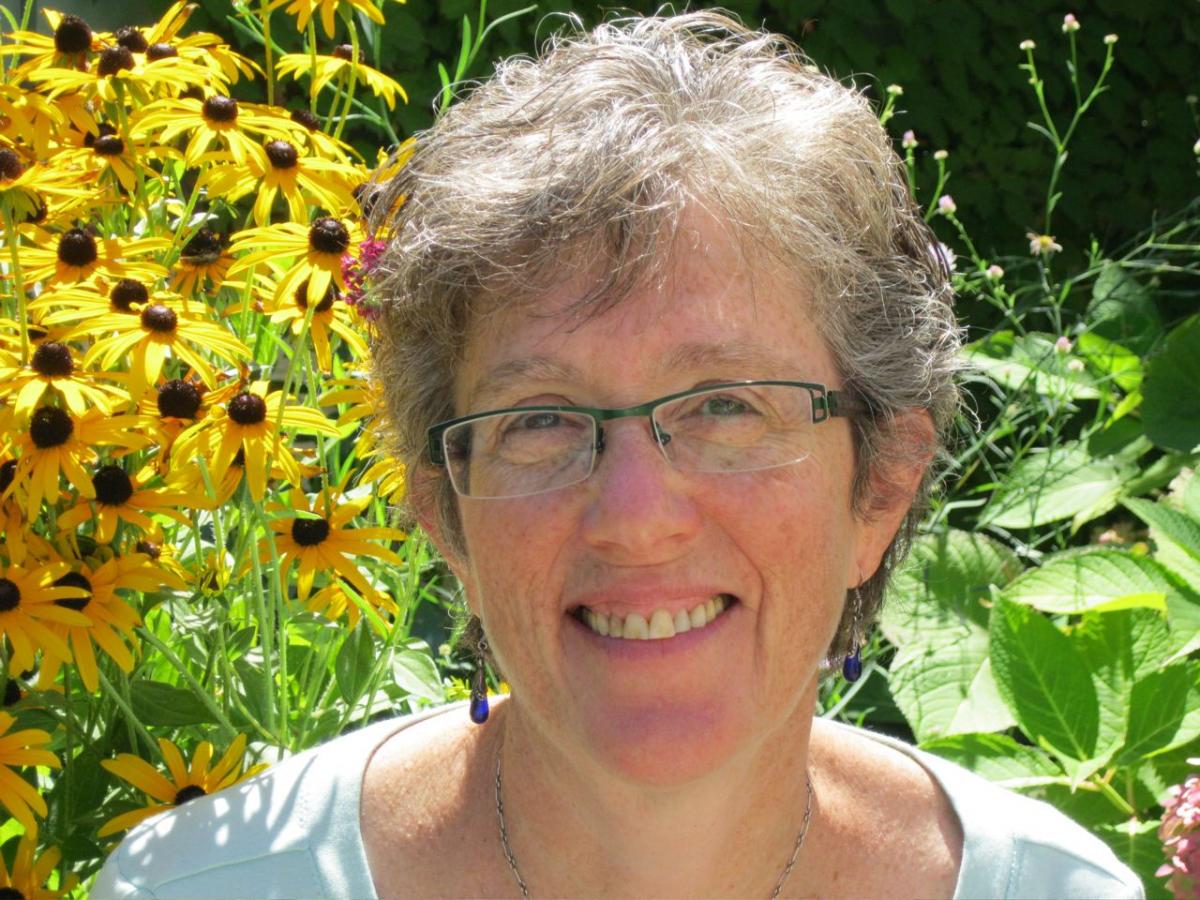|
Black text = links to be completed soon! Jewish Death Practices: Phases of Death Observance Spiritual Aspects Caskets |
Chevra Kadisha: Tahara Manuals and Procedures |
|
Learning & Resources:
|
Caring for Our Dead Session at the Parliament of World Religions 2015
Caring for Our Dead at the Parliament of World Religions 2015
in Salt Lake City, Utah
In mainstream Western culture, birth and death have left the home and care of loved ones, for whom these were natural junctures in the lives of beloved family members. Institutionalizing the beginning and ending of life as we know it has led to profound losses of intimacy and comfort, the weakening of family and community ties, distancing from the gift of knowing our own mortality and significant outlays of money.
Prior to the Civil War (mid-1800's) in the United States, most people died at home with family around them. During that war the service of embalming was introduced for those who could afford it, allowing the families of slain soldiers to receive the body of their beloved deceased, who could then be buried at home or in the local cemetery. As the use of formaldehyde as an embalming agent spread in the late 1800's, this practice became more commonplace, and a new paradigm began to emerge in which paid professionals removed and prepared the bodies of the deceased. Barbers and surgeons became morticians, and furniture makers became coffin makers. The funeral industry as it is today came into place.
Both Judaism and Islam have the tradition of caring for their own dead, including providing funerals and burials for those who cannot afford them. Unlike most other religious and mainstream traditions in the U.S. and Canada, both Muslims and Jews ritually bless and wash their dead, with intention and carefully respecting modesty, dress them simply and bury them in a way that the body will decompose into the soil. Both prohibit preservation of the body and any show of ostentation. Both Jews and Muslims have defined periods of mourning and place emphasis on communal obligations to the deceased and the mourners. Purity of intention and authority in the community for the volunteers who perform the sacred tasks of washing and dressing the deceased are paramount to Muslims and Jews. All of these traditions assist individuals to face and include death as a meaningful and natural part of life, and to be supported in the process.
Speaking of the key values for care of the dead in the Jewish tradition, Dr. Joshua Elkin named the following:
1) The reality of death
2) Respect for the dead
3) Equality
4) Simplicity
5) Venting emotions openly and fully
6) Communal responsibility and support
7) Affirmation of life
8) Remembrance
In the Biblical story of the death of their father Abraham, half-brothers Ishmael and Isaac bury their father together, and afterward dwell together in peace.
In the U.S. and Canada, many Jewish communities have left these traditions behind in favor of the mainstream approach to death. Many Jewish individuals are not even aware of these traditions and their values. In contrast, Muslims are often the more recent immigrants to the U.S. and Canada, bringing with them strong traditions.
We can build peace and understanding between us through education around our similar approach to these essential practices at the end of life, perhaps even increasing appreciation of the value of these traditions. We can come together to advocate for education of mainstream health care and hospice workers to be respectful of our traditions, train both Muslim and Jewish volunteers in important infectious disease and other health precautions, and create joint forums to support volunteers in their emotional, psychological and spiritual experiences. We could even develop shared facilities, conserving cost while promoting dialogue and community.
Interested in reading more, continuing the conversation or bringing it to your community? More information and resources:
Abraham's Children, an in depth proposal of how Jews and Muslims can help one another and build community, by David Zinner
Muslim Traditions: Understanding the Janazah by Ajmal Pictures:
Jewish Traditions - Tahara Demo Powerpoint by Rick Light:
Living Jewish Means Dying Jewishly Too by Michael Slater
An innovative ceremony using the essence of Tahara by Jean Berman
Jean Berman is a member of the Chevra Kadisha (those who prepare the bodies of the deceased) in Portland, Maine. She participated in the emergence of a community Chevra Kadisha in Fort Collins CO, where she also assisted a number of individuals in the process of dying.
Jean is a graduate of and now instructor for the Gamliel Institute http://gamliel.institute/. She was a presenter at the 2015 North American Chevra Kadisha and Jewish Cemetery Conference in Austin, TX. She serves on the Boards of Kavod v'Nichum and the Gamliel Institute, the Interfaith Ministers of New England, and is active in the Funeral Consumers Alliance of Maine. Jean is available to speak on Jewish traditions of death and mourning, and assist those who wish to organize in their community. Through "Celebrating Transitions, Honoring Life and Spiritual Wholeness: Ceremonies and rituals in the Jewish tradition", Jean creates weddings, funerals, retirement, coming of age, relocation, separation, divorce, healing, baby naming, and other special events. In addition, Jean is an Interfaith Minister (one who meets people of any or no faith where they are in a time of need) and designs these same events using other traditions, and speaks on cross-cultural death traditions. Contact her at jeanbberman@gmail.com
